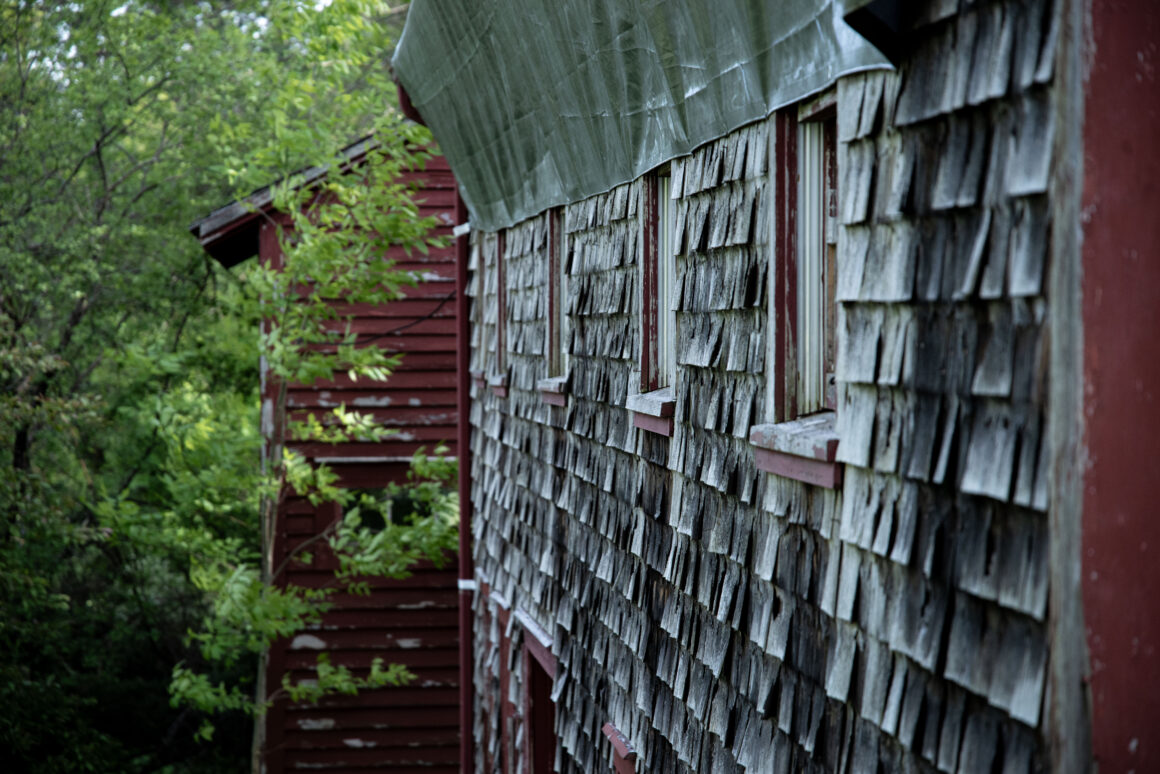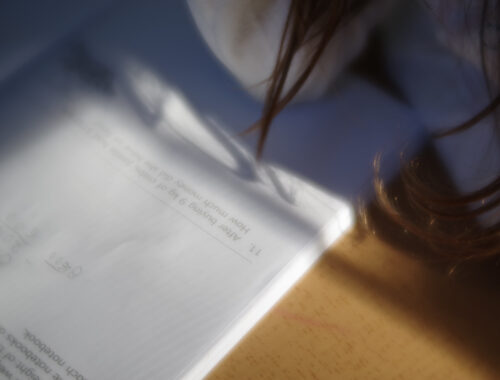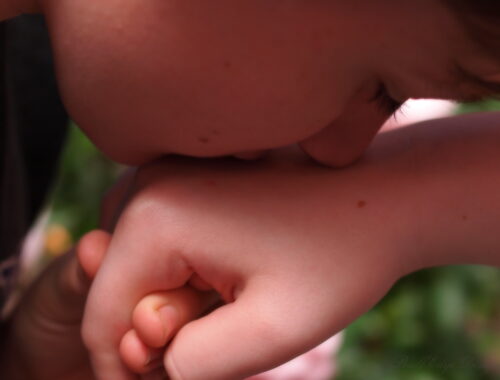
Do You Speak a Dead Language?
“The source of life which you create lies in the power of the language which you have.” —Christopher Alexander, The Timeless Way of Building
How many of us think about and analyze the language we have—the one we were given (was forced upon us) by our parents and the familial and societal influences they inherited and clung to? Of course, some of us have jettisoned or moved beyond a family’s language, but whose have we adopted instead? Academia’s? The mainstream media’s? An ideologue’s? A tech guru’s? A pop star’s? A church’s? A doctor’s? Maybe some of us speak a language we picked up from an influence who constantly worries about money or an influence whose main concern is what everyone else thinks. If you find that your language comes up short, do you work to expand it or weed out whatever in it is life draining?
I’ve been trying to fix my language problems my whole adult life, even though, for the longest time, I didn’t know that I was doing so. Sometimes it sounded like I was simply trying to improve my grammar or find words that others could easily understand. Too often, my efforts left me confused and frustrated. Alice Miller and Marie-France Hirigoyen (author of Stalking the Soul: Emotional Abuse and the Erosion of Identity) were essential in helping me come to understand that my problems had more to do with the language itself than with particular elements of it—even though they had me thinking in terms of Story, as in the narrative that frames (and often narrows) the way we view everything.
Without Christopher Alexander and The Timeless Way of Building, I’d still be circling around the notion of Story, but it turns out that language is the analogy I needed. Here’s more from the builder/architect/professor/author:
If your language is empty, your buildings cannot be full. If your language is poor, you cannot make good buildings until you enrich your language. If your language is rigid, your buildings must be rigid. If your language is florid, your buildings will be florid. Your language generates the buildings which you make, and the buildings live or not, according to the life your language has.
Pattern languages are the source of beauty and ugliness. They are the source of all creative power: nothing is made without a pattern language in the maker’s mind; and what that thing becomes, its depth, or its banality, comes also from the pattern language in the builder’s mind.




